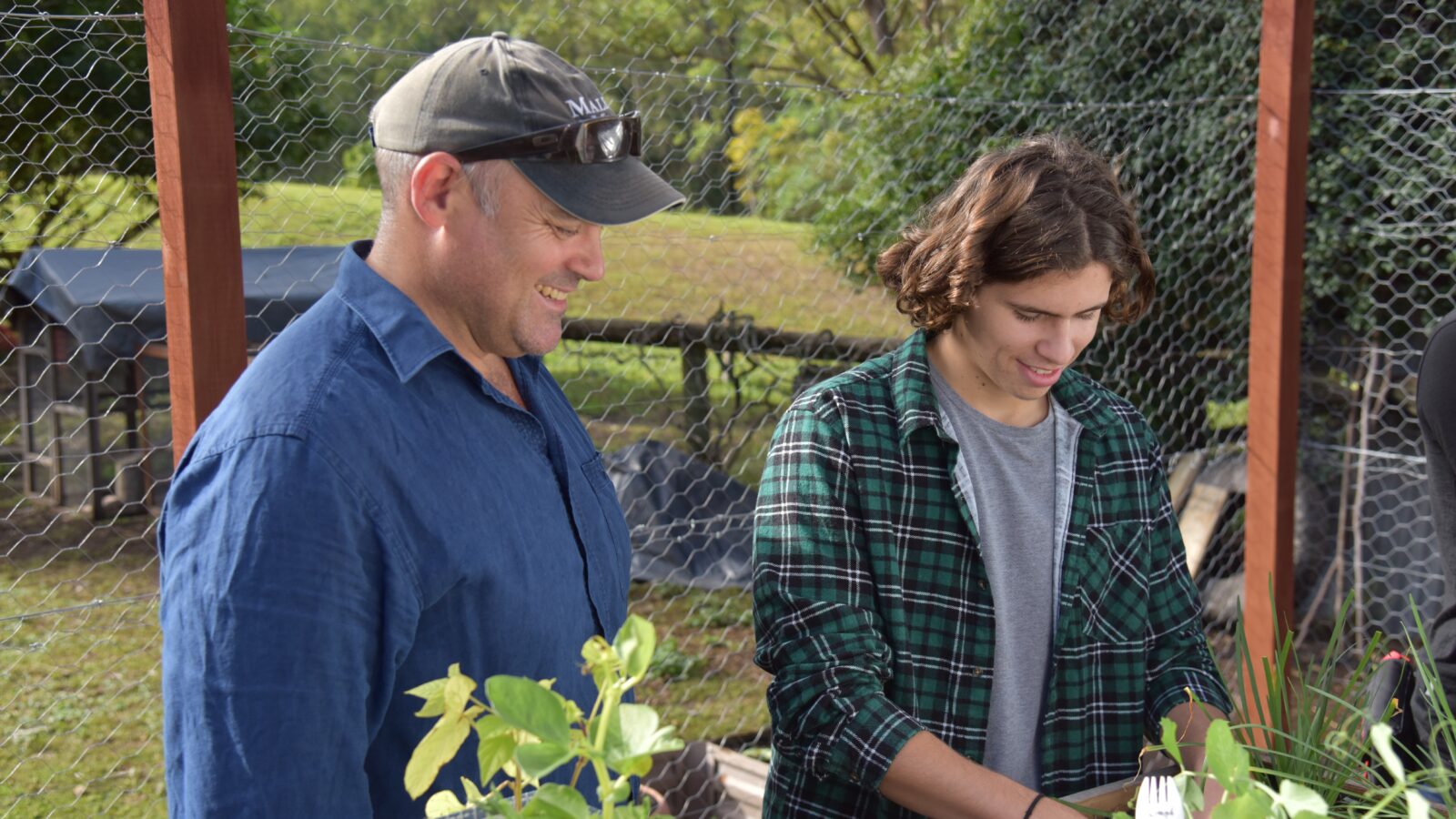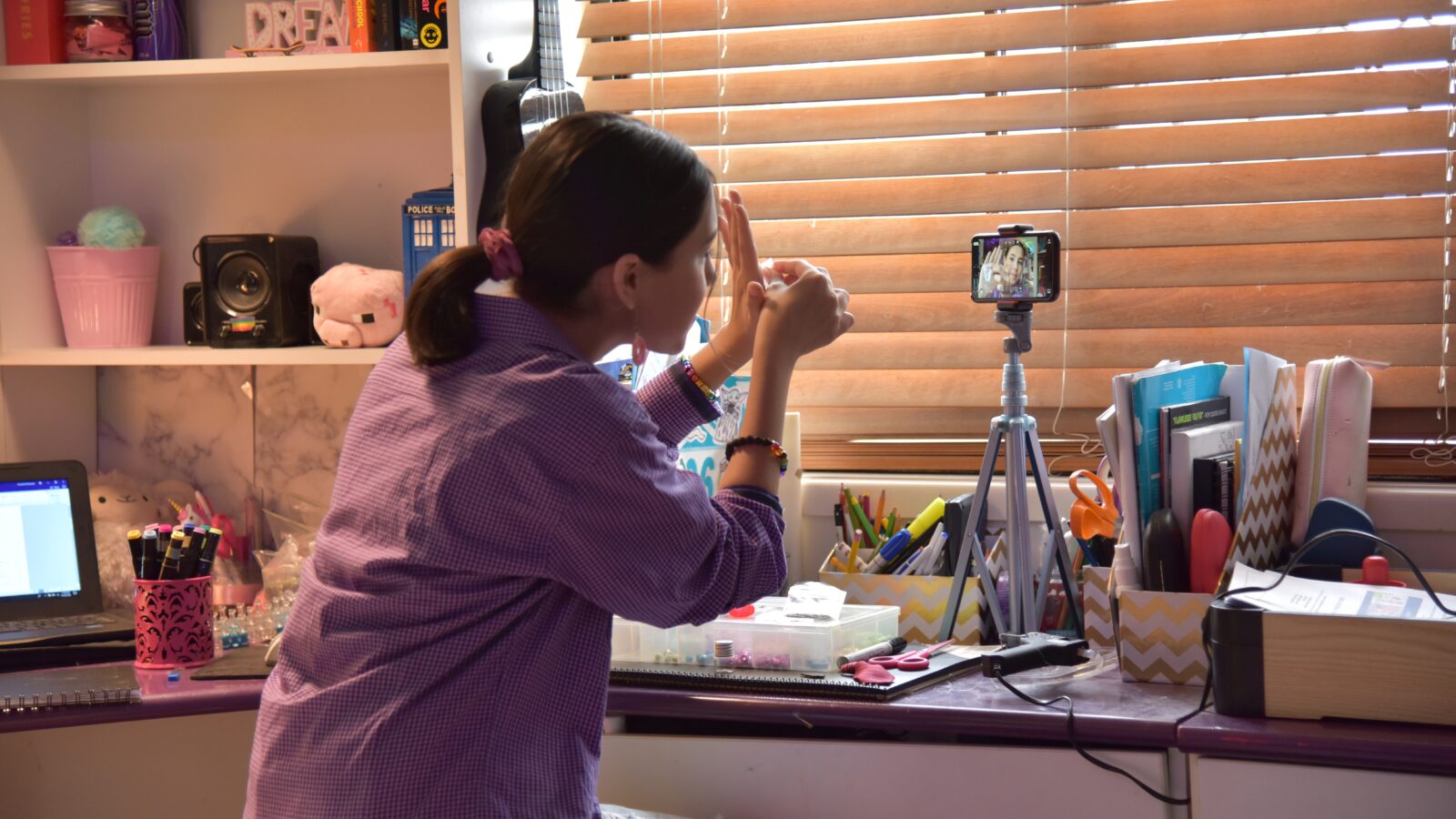Talking to your teenager is not always easy. Too often your well-meaning attempts to connect with them are met with grunts and moans. Right now, with all the change going on due to COVID-19, your teenager might be even more reclusive or emotional. It’s important to stay connected at times like this and there are ways to make talking to your teenager a little easier for you both. Here are some tips to help you connect with your teenager and create the space they need to share with you.
Pick a good time
Timing is key when it comes to speaking to your teenager. Pick a time when they appear most open to chatting. If you sense they are ready to share something, try and give them your full attention. Stop what you are doing and focus on them. This will give them the message that nothing is more important in that moment than they are and this will help create a space in which they might be willing to share.
Notice any patterns
See what you can bring to the conversation that might prompt your child to share. Have you noticed any patterns in your child’s behaviour or situations they seem to find stressful? Are there particular friends they talk about whose behaviour they find challenging? Is there a subject at school they are struggling with? It might help you to take notes about what you observe in your child so you can see if there are any patterns that might help reveal what is going on for your child. Let them think about what you are saying and see what they are willing to share.
Be open
If you can be open and show your own vulnerability, this may encourage your teenager to do the same. Your child might not have words for what they are experiencing or understand what is happening to them. If you are open with them, it can help them better understand their own experience and feel able to share with you.
Listen more than you speak
Your teenager is more likely to share with you if you give them the space they need. This means listening more than you speak and being comfortable to sit in silence until they are ready to say something. Whatever you might think about what they say, try not to jump. Let them share their opinions even if you disagree with them and avoid judging and correcting. Your aim is to listen and avoid giving advice unless they ask for it.
Let them know you are there for them
Let them know that you are there for them no matter what. Reassure them that they can talk to you about anything, even their most difficult issues. Show them you are there for them through giving them physical affection and telling them you love them – even if your affection is met with disdain or a monosyllabic grunt.
Be persistent
Keep at it. With any teenagers, you won’t see results straight away. You need to play the long game and keep the communication lines open. Consider setting aside some time on a regular basis for the two of you to do something together. Let your teenager decide what they’d like to do even if it’s not something that you really like doing. Setting aside time to connect on a regular basis will encourage your teenager to reach out to you when they feel ready.
Seek help if you need it
If you need help supporting your teenager, contact your child’s school or your local Department of Education regional office who will be able to help you. Schools also have guidance officers to provide advice and counselling and help students with their educational, behavioural, mental health, and wellbeing needs. And if you’ve tried everything and your child refuses to go to school, it might be time to call a Regional Youth Engagement Service.
Last Updated: 22 June 2022





